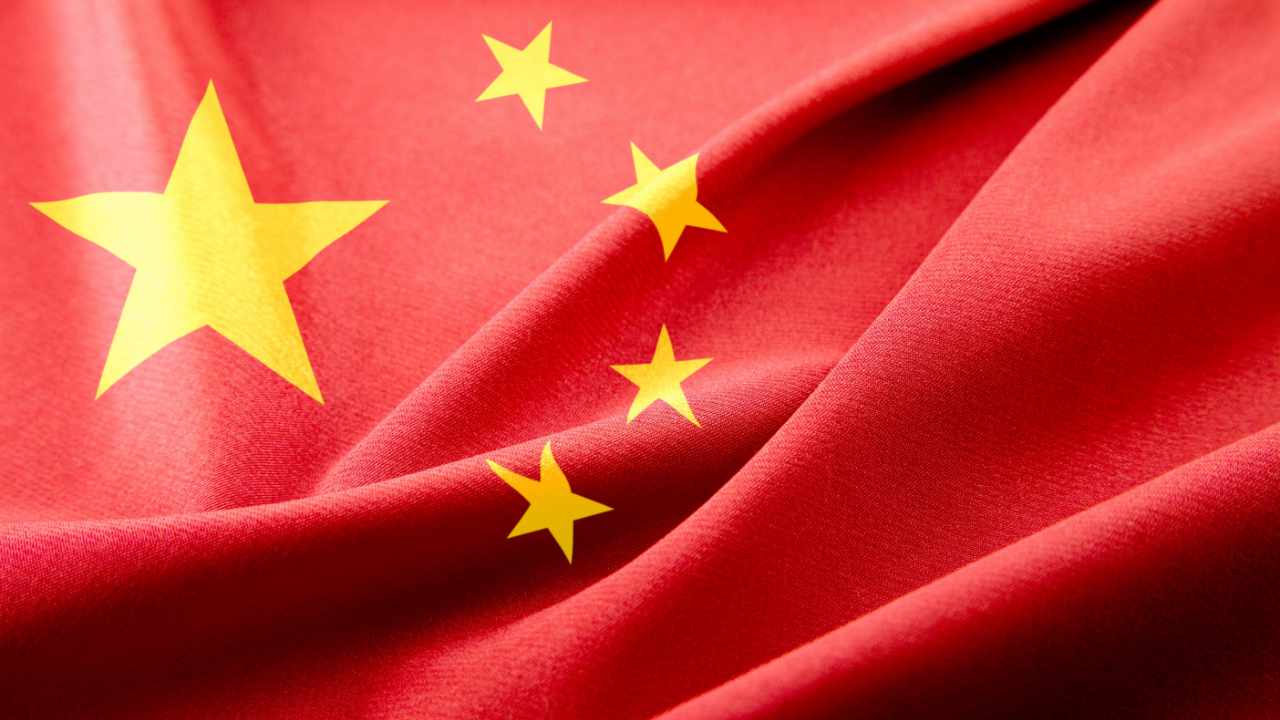
The Group of Seven (G7) countries are discussing ways to counter China’s “economic coercion” against other nations, U.S. Treasury Secretary Janet Yellen has shared. Noting that Canada, France, Germany, Italy, Japan, the U.K., and the European Union share similar concerns, she emphasized that any action by the U.S. will be “narrowly scoped and targeted at technologies where there are clear national security implications.”
Janet Yellen Calls for Coordinated Efforts to Counter China’s Economic Coercion
U.S. Treasury Secretary Janet Yellen revealed at a press conference Thursday that members of the Group of Seven (G7) are discussing how to respond to China’s use of “economic coercion” against other nations. The press conference took place in Niigata, Japan, ahead of the G7 meeting of finance ministers and central bank governors, which Yellen attended. Japan holds the G7 presidency this year.
Noting that the U.S. has been contemplating imposing more specific limitations on outbound investment to China for some time, and has been discussing the matter with its G7 allies, Yellen stated:
We have been engaging in discussions with our G7 colleagues, and I would expect that that would continue these meetings, at least in some informal way.
The G7 comprises Canada, France, Germany, Italy, Japan, the U.K., and the U.S. — with the European Union as a non-enumerated member. Yellen emphasized: “I would say that many G7 members share a common concern with this kind of activity and are looking to see what we could jointly do to try to counter this kind of behavior.”
In addition, she detailed that the U.S. government has been internally discussing the issue, but has not established a definitive plan of action. Lawmakers in the U.S. have been pushing the Biden administration to enhance its scrutiny of investments made by American companies and individuals in foreign countries, particularly China, citing concerns about national security and supply chain matters. They have also urged President Joe Biden to issue an executive order.
The Treasury Secretary clarified that any action by the U.S. would be “narrowly scoped and targeted at technologies where there are clear national security implications.” Yellen opined:
Obviously, it would be most effective if there’s coordinated action by a group of like-minded countries and agreement that this is a useful approach.
She noted that some restrictions on outbound investment would be a complement to existing measures in the U.S. aimed at protecting its national security, including inbound investment reviews and export controls. She described: “My own view is that this should be national security focused. It’s not focused at undermining, say, China’s economic competitiveness or ability to advance economically.”
Yellen further explained at the press conference that the G7 will “advance our work to mitigate geostrategic risks in our economies. As I said in a speech last month, the United States has a broad suite of tools to mitigate risks to our national security.” She concluded:
We will take narrowly targeted actions when necessary. We are looking forward to working with the G7 to effectively counter economic coercion, which is a key focus of Japan’s presidency.
What do you think about the G7 countries discussing ways to counter China’s “economic coercion”? Let us know in the comments section below.
Image Credits: Shutterstock, Pixabay, Wiki Commons
Disclaimer: This article is for informational purposes only. It is not a direct offer or solicitation of an offer to buy or sell, or a recommendation or endorsement of any products, services, or companies. Bitcoin.com does not provide investment, tax, legal, or accounting advice. Neither the company nor the author is responsible, directly or indirectly, for any damage or loss caused or alleged to be caused by or in connection with the use of or reliance on any content, goods or services mentioned in this article.










